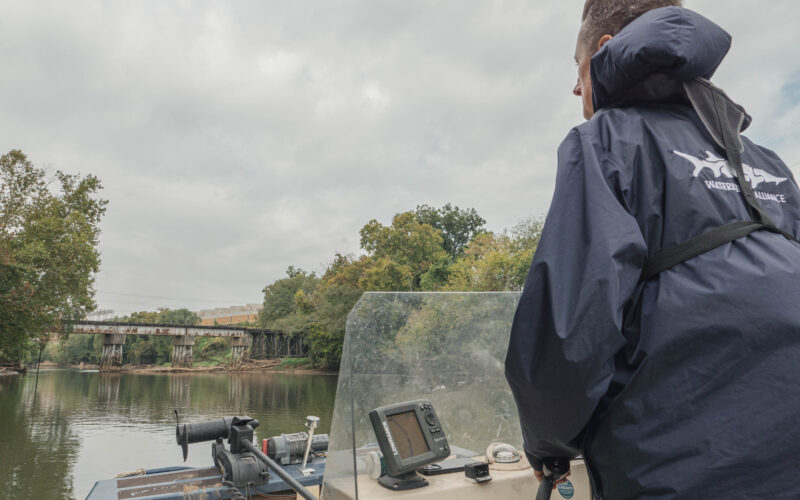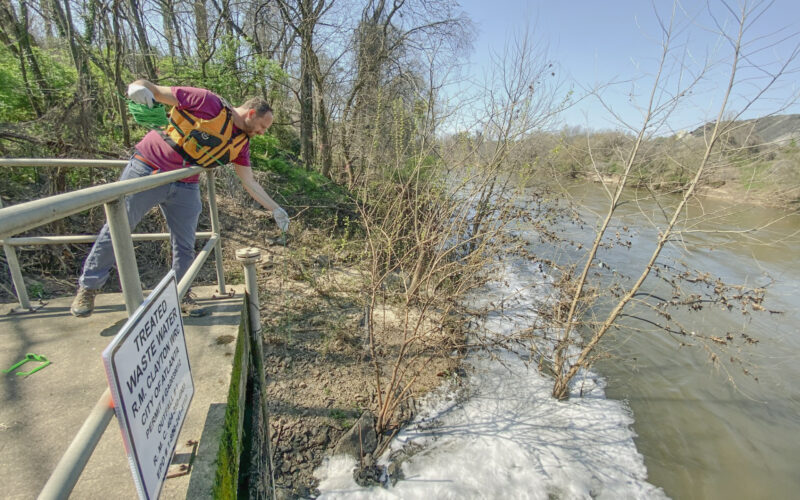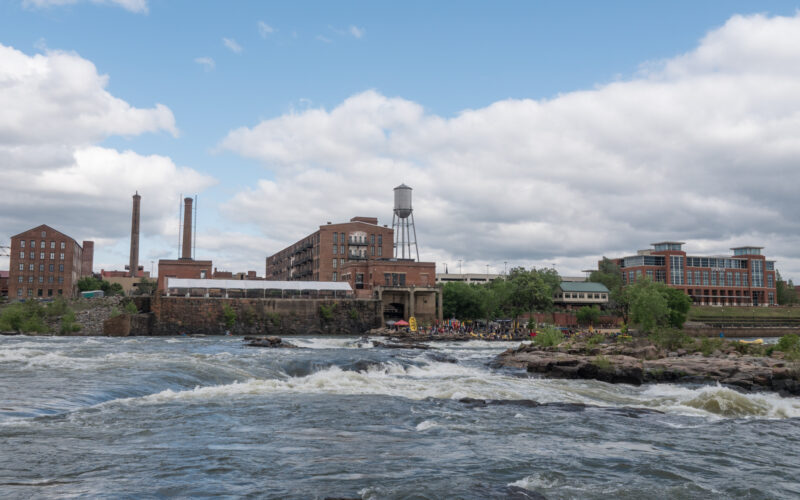For 30 years, Georgia, Alabama, and Florida have fought over the use of water in the Apalachicola-Chattahoochee-Flint River Basin (ACF), which is heavily influenced by the U.S. Army Corps of Engineers’ operation of Lake Lanier’s Buford Dam. Lake Lanier lies within the Chattahoochee’s headwaters, just north of Atlanta.
On December 11, 2019 and in the most recent “water wars” episode, a Special Master issued a recommendation to the U.S. Supreme Court in the Florida v. Georgia legal case. In plain terms, the recommendation says the court should drop Florida’s latest volley. In legal terms, Florida failed to make a compelling legal argument and failed to provide sufficient evidence that Georgia uses too much water or that any harm to Florida’s oyster population could be traced to water use in Georgia.
That the Special Master sided so strongly with Georgia is indicative more of Florida’s failures to present sound scientific support for its arguments rather than a sign that Georgia’s evidence was 100% accurate or infallible. Despite his recommendation, the Special Master did acknowledge that low flows and increased salinity appeared to negatively affect Florida’s oysters, but these conditions alone were not responsible for the fisheries’ collapse.
There is no denying that the Special Master’s recommendation puts Georgia in a strong legal position to justify its current Chattahoochee River water use in metro Atlanta and agricultural withdrawals in the Flint River basin. If the court accepts this recommendation, CRK’s primary concern is that Georgia leaders will stop thinking they need to advance water conservation and efficiency in the municipal, industrial and agricultural sectors. Georgia still has room to improve how it monitors water use and consumption; and Georgia must remain the leader in this space to protect water quantity and quality throughout the ACF basin.
We must cease endless rounds of litigation, and instead focus our resources on sharing our water because climate change is real, communities will continue to grow, and our clean water supply is limited.
Regardless of the trial’s outcome, Georgians have a responsibility to conserve water. CRK’s Filling the Water Gap highlights many examples of success and opportunities to improve water efficiency and conservation in the basin.
If a robust culture of conservation does not take hold in Atlanta, the Flint River basin, and across all economic sectors, we’ll be back in court again.
At the end of the day, meeting the challenges of climate change—not legal challenges—will drive our future water decisions.
Over the next two months, the two states will file a series of briefs. You can find the brief release schedule here.


